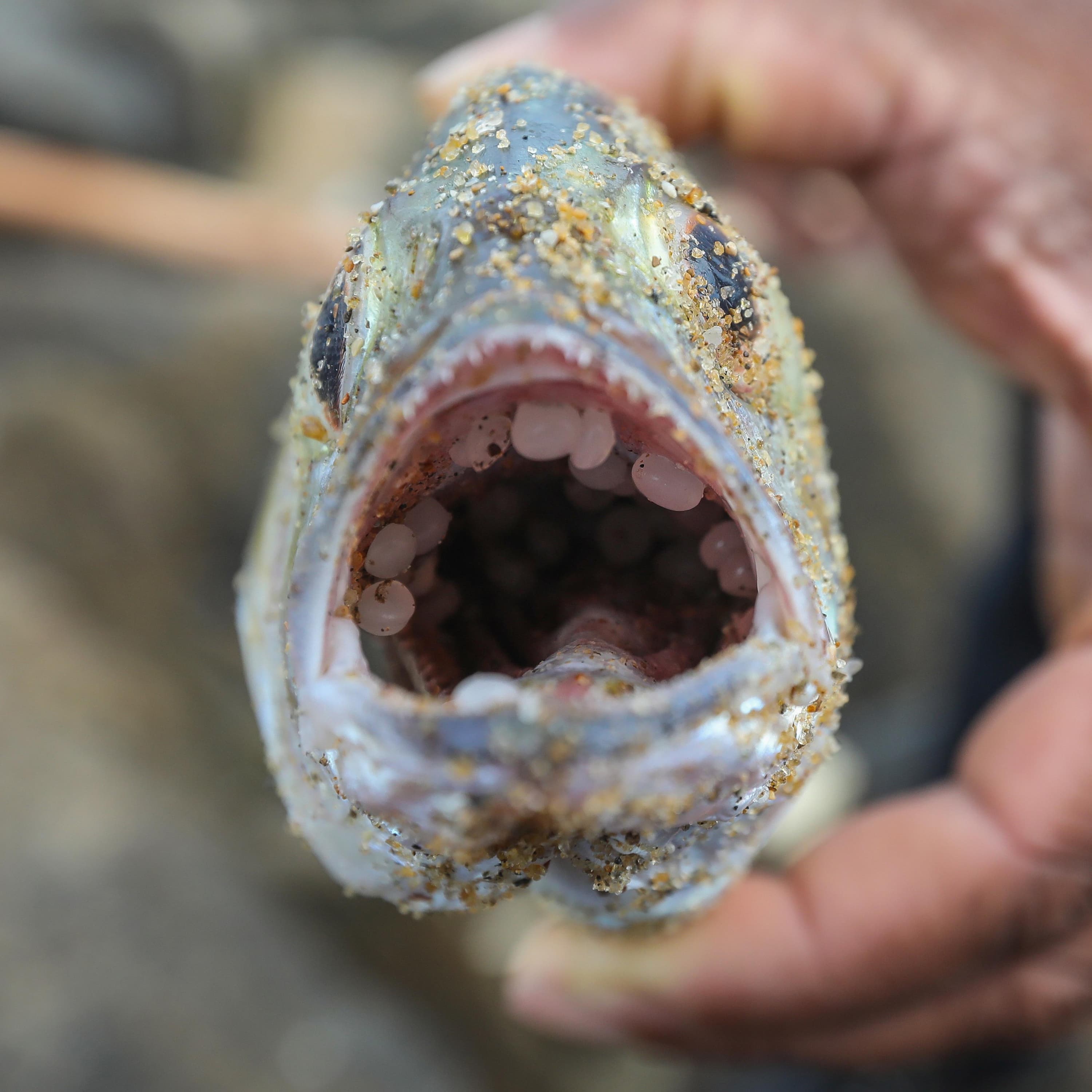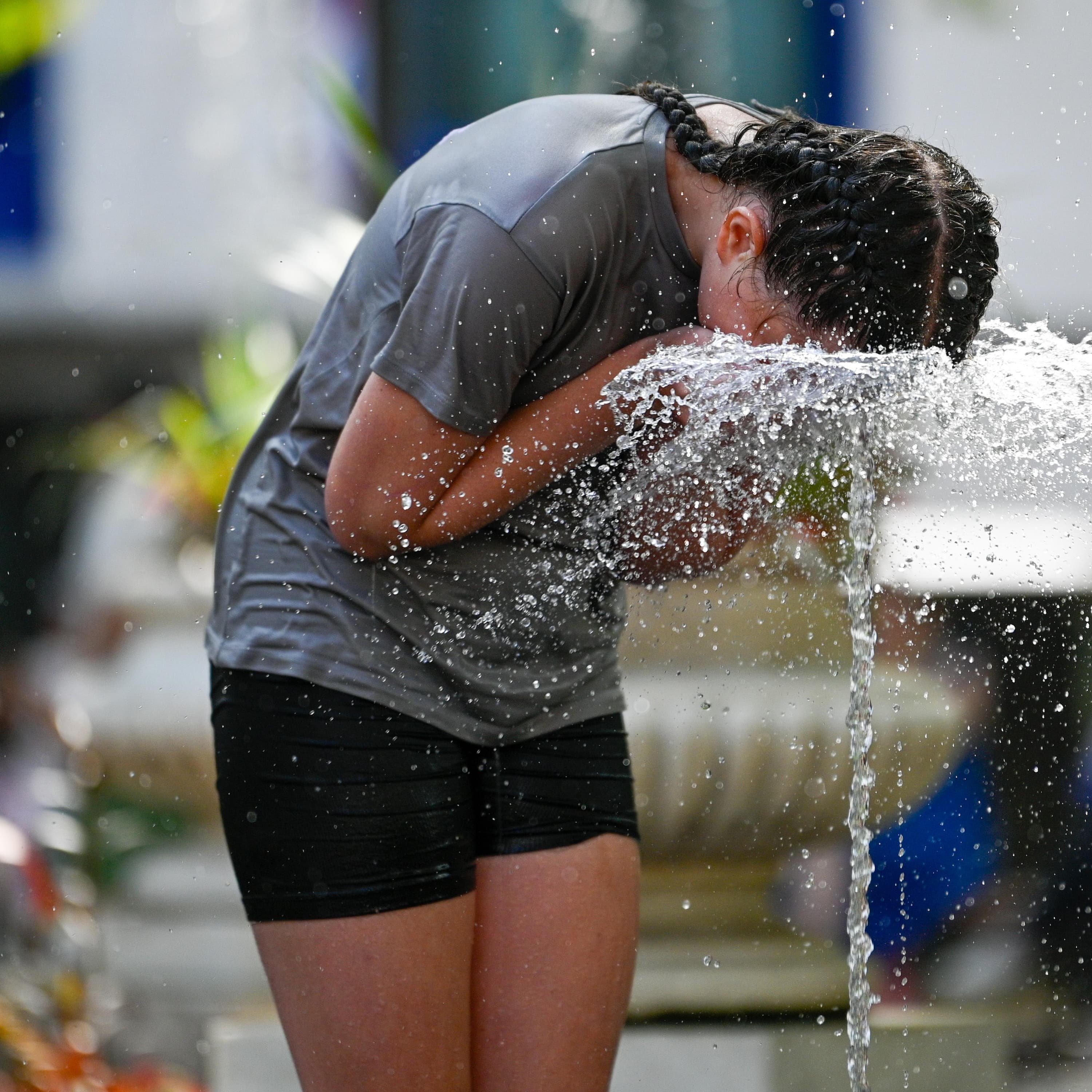
What are leap seconds, and why have we scrapped them?
Loading player...
At a recent conference in France, scientists and government representatives voted to scrap the leap second by 2035. Leap seconds are added periodically to synchronise atomic time and astronomical time, which get out of sync because of variations in the Earth’s rotation. Madeleine Finlay speaks to JT Janssen, the chief scientist at NPL, the National Physical Laboratory, about the differences between these two times, and what can go wrong when leap seconds are added to our clocks. Help support our independent journalism at theguardian.com/sciencepod




